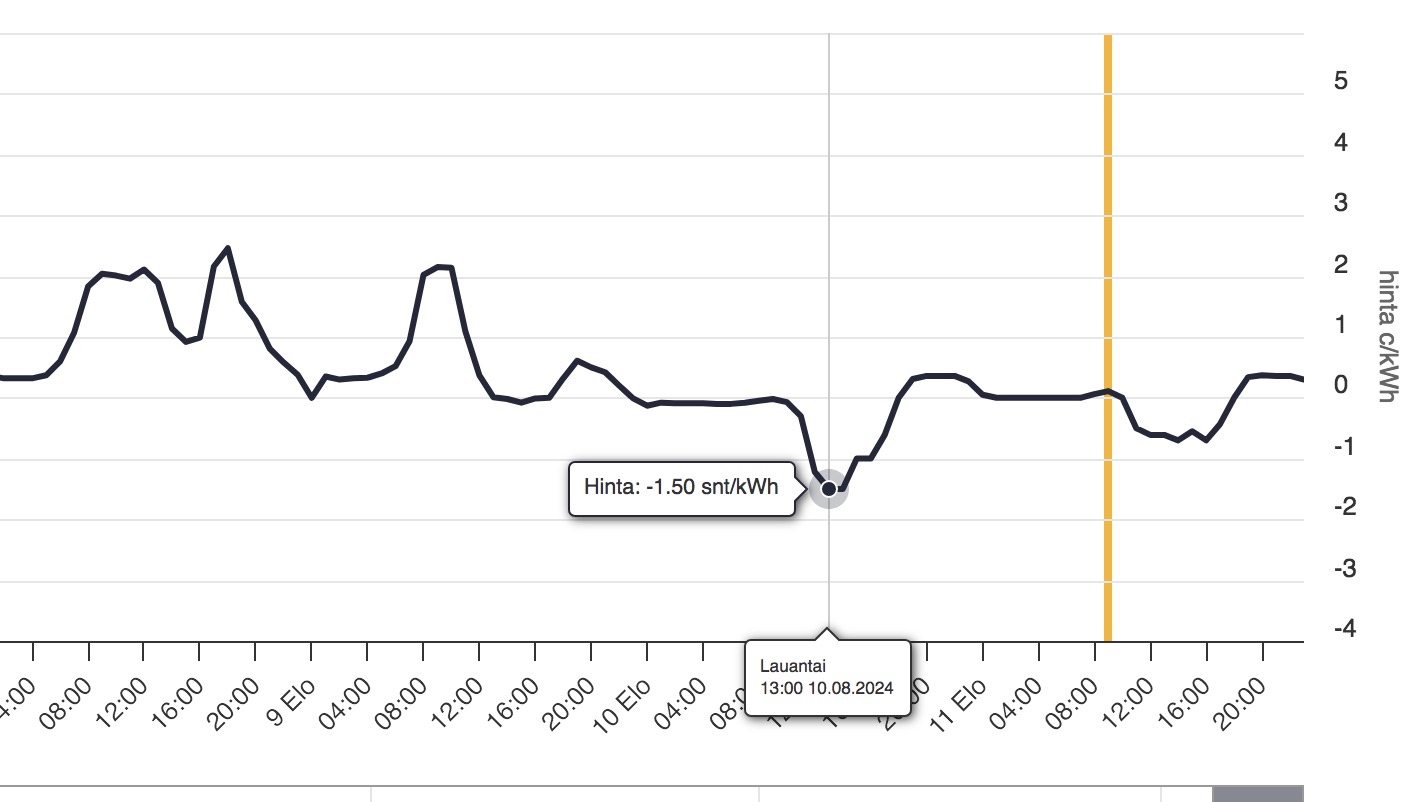this post was submitted on 11 Aug 2024
858 points (99.1% liked)
Mildly Interesting
17500 readers
6 users here now
This is for strictly mildly interesting material. If it's too interesting, it doesn't belong. If it's not interesting, it doesn't belong.
This is obviously an objective criteria, so the mods are always right. Or maybe mildly right? Ahh.. what do we know?
Just post some stuff and don't spam.
founded 2 years ago
MODERATORS
you are viewing a single comment's thread
view the rest of the comments
view the rest of the comments

You just sent me down a rabbit hole, I had heard of electrolysis but didn't realize that it was able to store energy on a large scale. Seems like a waste of water though.
Well the water isn't disappearing anywhere and I believe that works on salt water as well
it works on salt water, submarines do it for oxygen, obviously, though you also have to deal with the salt build up, along with mineral build up, though unlike desalination, you can just run constant water flow through and yoink a small portion of it, you don't have to yeet all the water. So that makes it easier.
How is it not disappearing if it's turned into hydrogen?
Hydrogen reaction to oxygen in a fuel cell turns it back into water
So no water is lost?
Yes, basically. Enegy is used on H2O gets split and turned into H2 and O2, the H2 then in the fuel cell gets to react again with O2 to produce energy, less than what was used to split it, why it is inefficient, and now stable H20
That's right!
Two H2 molecules (hydrogen) react with one O2 molecule (oxygen) to become two H2O molecules (water)
once you burn it
Splitting water and keeping the H2 converts the energy into chemical energy. The oxygen is just dumped into the atmosphere, which is a loss of efficiency I think? What I know, H2 is the highest form of chemical energy there is.
Some processes require burning, or cannot be electrified otherwise. It's these where the hydrogen is needed directly. I think hydrogen is a source material that should be mostly be converted into other chemicals. Etc. methanol and ammonia are more easily storable, unlike diatomic hydrogen which can slowly diffuse through a metal wall, enbrittleling it. Clean ammonia production could replace a giant mass of fossil fuels.
Here is an another rabbit hole: most of your body's nitrogen is from ammonia and the fertilizers made from it.